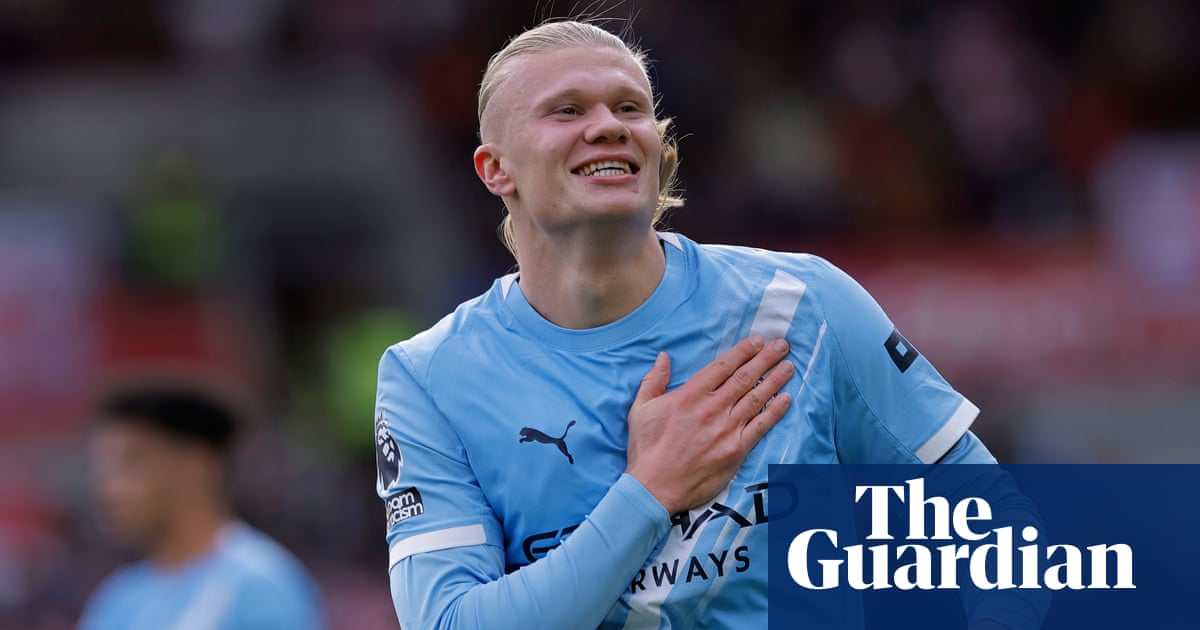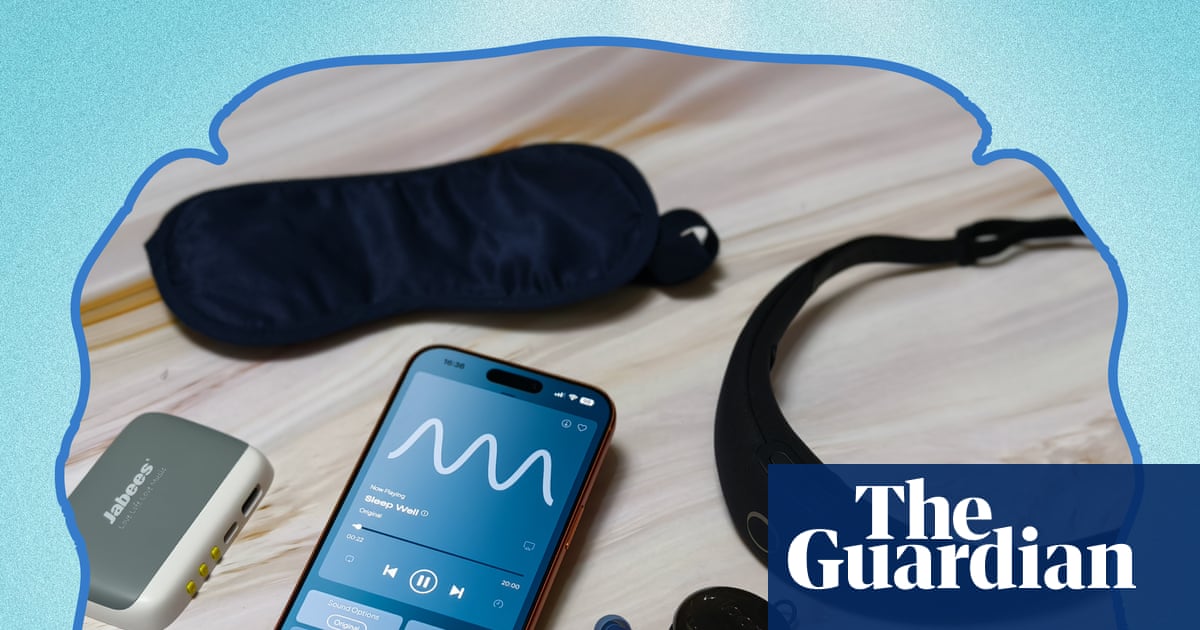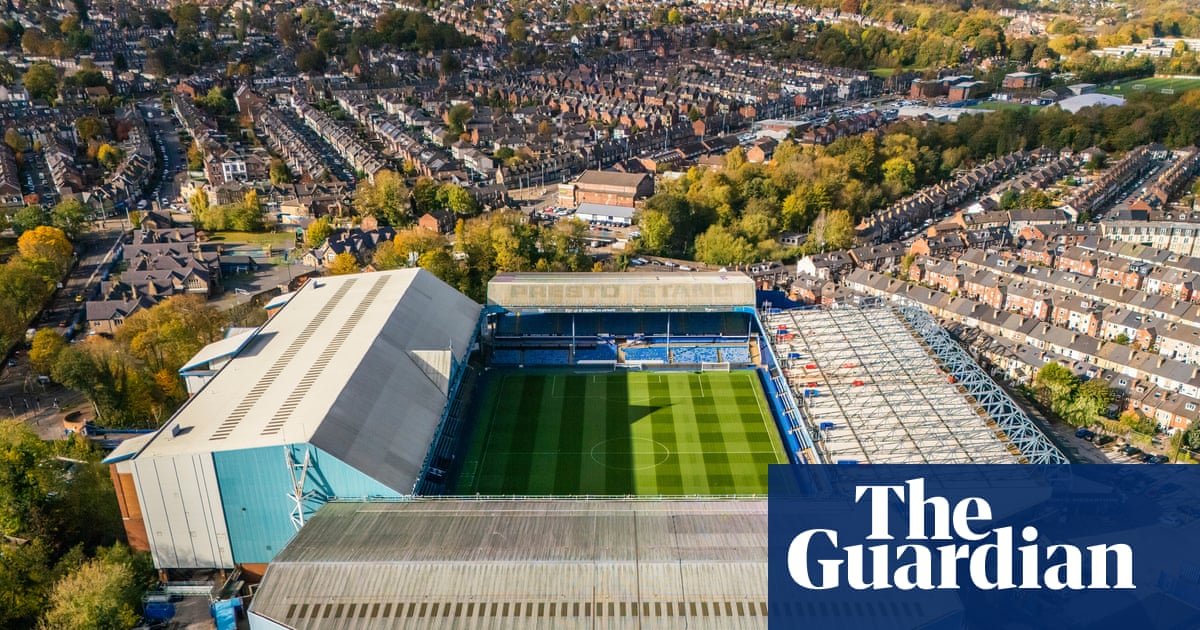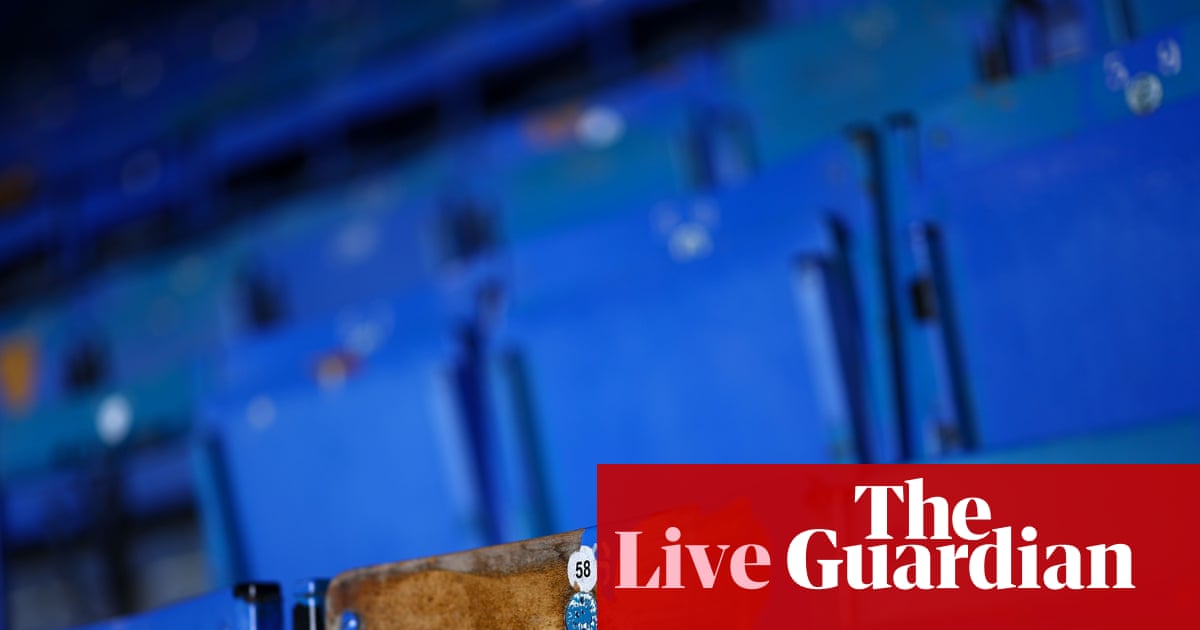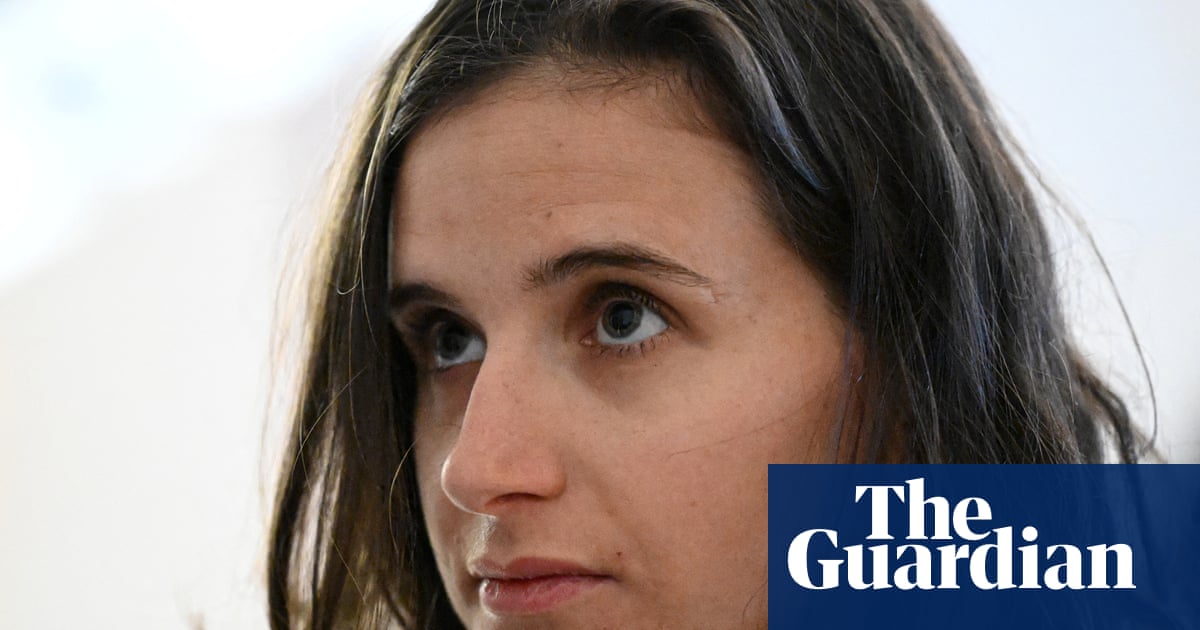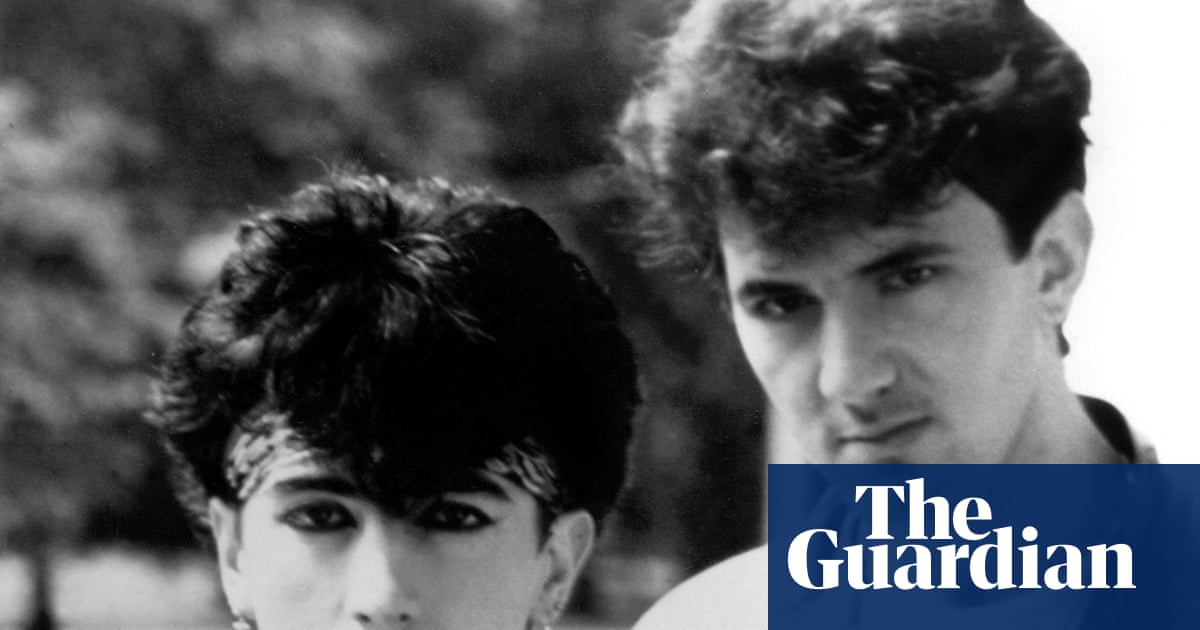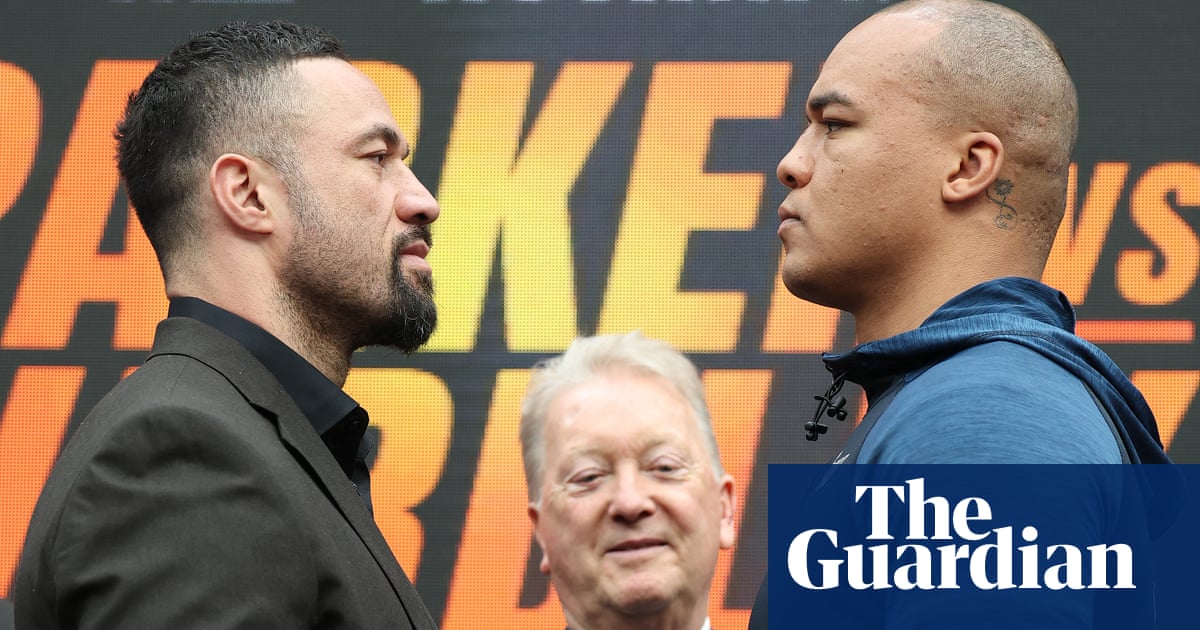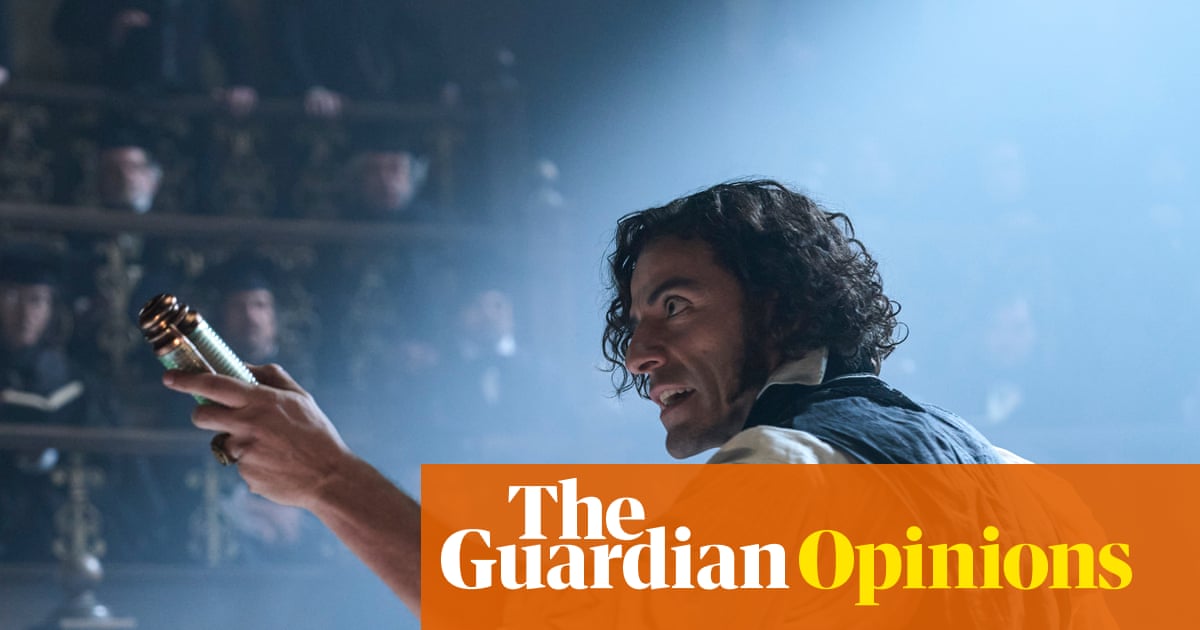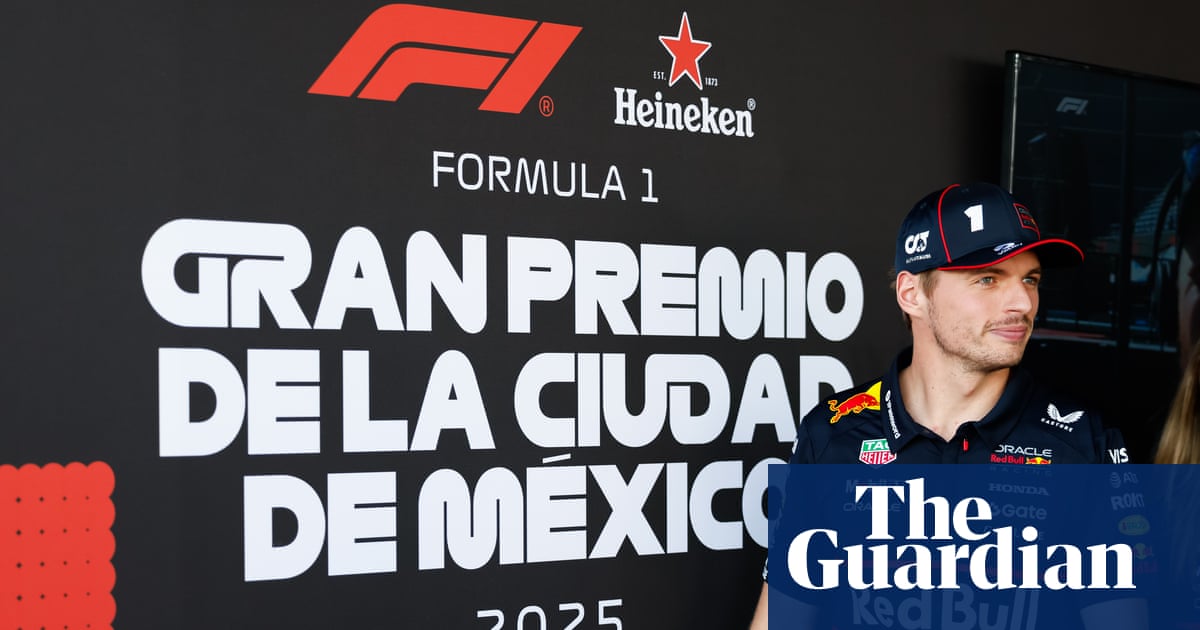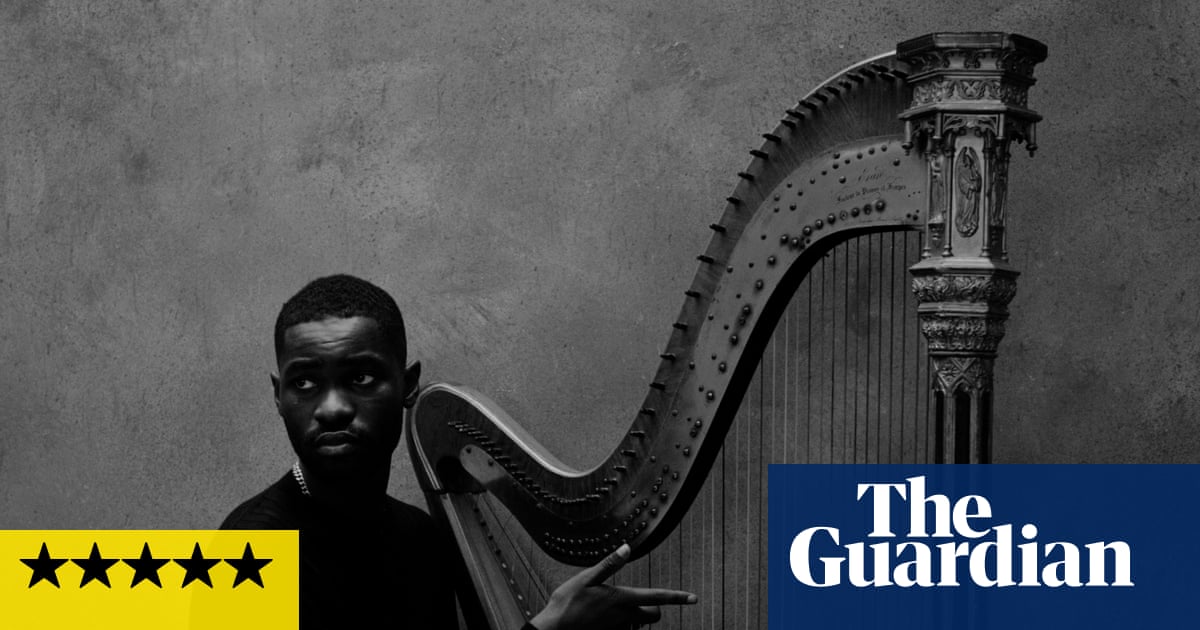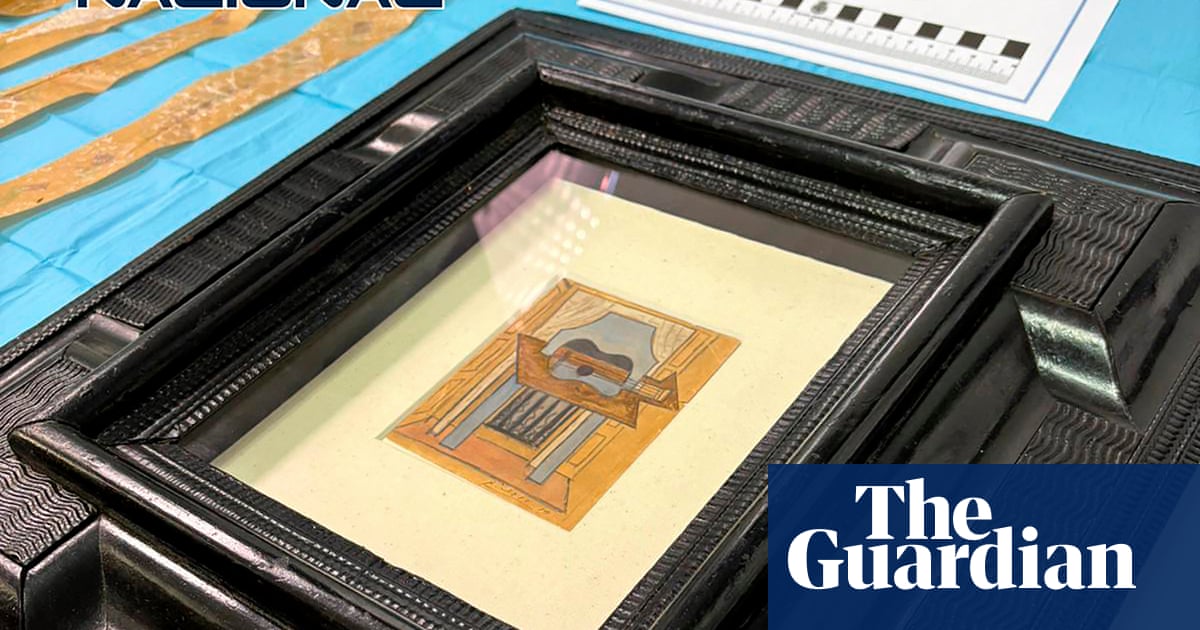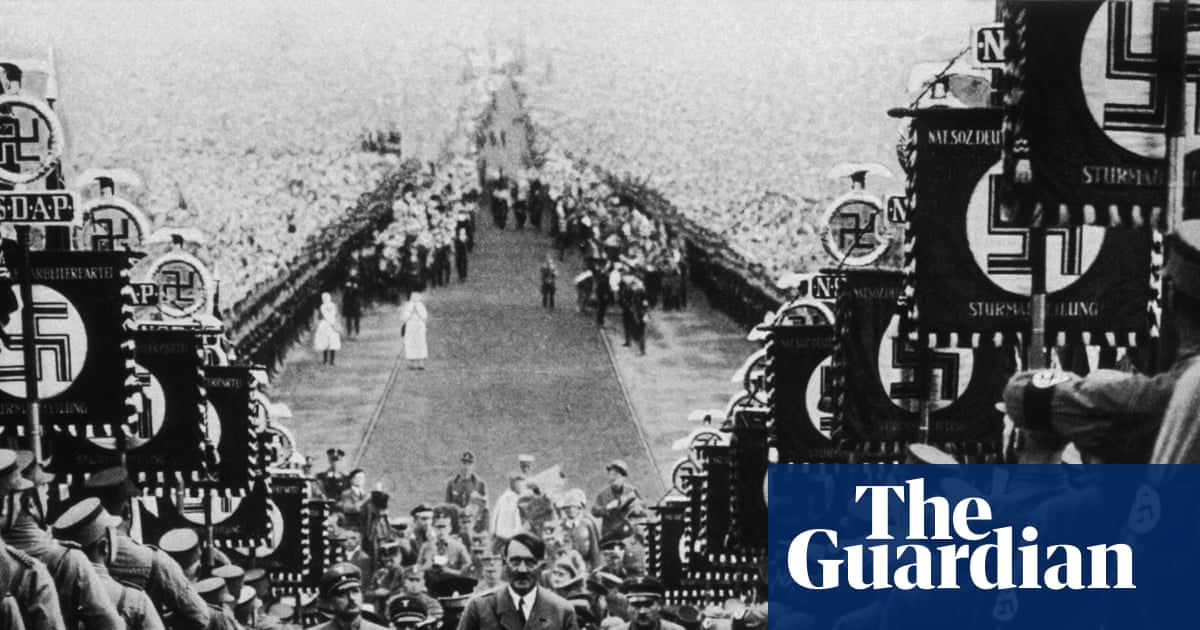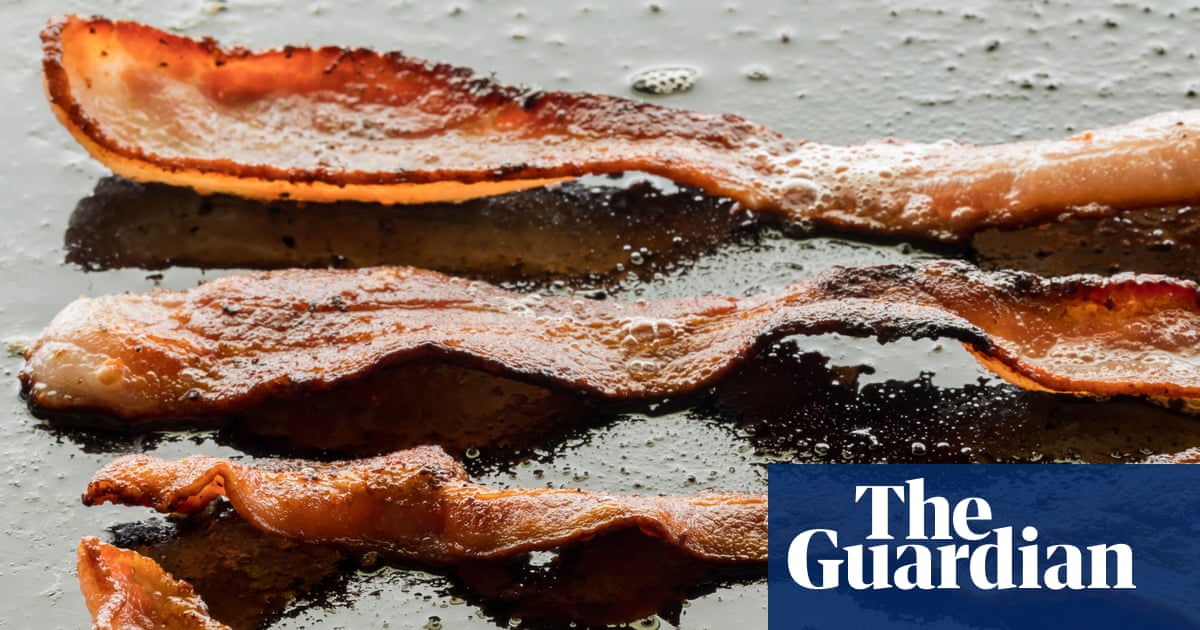The NBA gambling scandal is the biggest story of the year in US sports, a culmination of the years-long embrace between professional leagues and the multibillion-dollar gambling industry that has now crossed the line from synergy into scandal.
In two sweeping federal indictments unsealed in Brooklyn on Thursday, prosecutors charged more than 30 people – including the Miami Heat guard Terry Rozier, Portland Trail Blazers coach Chauncey Billups and former NBA player and assistant Damon Jones – with schemes that turned inside information and rigged card games into engines of profit for organized crime.
Federal officials dubbed the twin takedowns Operation Nothing But Bet and Operation Royal Flush, likening the sprawl of defendants and their aliases to something out of a Scorsese film.
It’s the most significant corruption crisis to hit a major American league since betting was legalized in most US states, and the most revealing picture yet of how deeply gambling has fused itself into the bloodstream of professional sports.
The filings describe a network of insiders, bookies and mafia affiliates who allegedly used private player data to wager on prop bets — wagers on specific occurrences within a game, such as how many assists a player records or whether they’ll make their first three-point attempt — and ran high-stakes poker games wired with cheating technology.
Prosecutors said Jones leaked injury information about unnamed NBA stars to bettors before the public knew, while Rozier exploited knowledge of his own playing status to cash in.
According to prosecutors, Rozier told a friend beforehand that he planned to remove himself early from a 23 March 2023 game against New Orleans with a “supposed injury”, information that was trafficked to bettors. He played fewer than 10 minutes before leaving with what was listed as a foot issue, a decision that proved highly profitable for those who had bet the under on his total points and rebounds (if nothing approaching Rozier’s annual salary of more than $26m).
A second indictment alleges that Billups and others conspired with members of the Gambino, Genovese and Bonanno crime families to rig underground poker games in Manhattan, Las Vegas and the Hamptons using X-ray-equipped tables, altered shuffling machines and wireless signals to read opponents’ cards.
Prosecutors described Billups as a “Face Card” – a famous lure used to attract wealthy gamblers to private games. At one 2019 game in Vegas, organizers allegedly told him to start losing because he had won too many improbable hands and might arouse suspicion. The operation, authorities say, ultimately netted more than $7m over six years. Billups’s lawyer called the allegations “ludicrous”, insisting his client would never risk his clean-cut reputation “for a card game”.
The FBI director, Kash Patel, called the broader scandal “a criminal enterprise that envelops both the NBA and La Cosa Nostra”, estimating tens of millions in illicit gains. Prosecutor Joseph Nocella described it as “one of the most brazen sports-corruption schemes since online betting became legal in the United States”.
The symbolism wasn’t lost on anyone. As Patel delivered his remarks in Washington, ESPN’s Get Up aired a segment on the arrests with an ESPN Bet promotional banner running beneath anchor Mike Greenberg’s face. The ticker – advertising the network’s own sportsbook launched last year with Penn Entertainment – scrolled across the screen for several seconds before vanishing midway through his commentary.
Whether its removal was coincidental or deliberate was unclear, but the optics were unmistakable: ESPN’s lead morning host presenting in sober tones on gambling corruption while the company’s betting app flashed beneath him. The clip spread quickly on social media, a split-screen morality play for an industry that can’t decide if it’s covering the perils of gambling with journalistic rigor or profiting from it.
Unreal scene from ESPN Get Up this AM.
They’re talking the FBI’s arrests for NBA Sports Gambling. Mike Greenberg explains how ESPN used to shun sports gambling…while an ESPN BET promo is on the screen.
The graphics team realizes the disconnect and takes the chyron down lol pic.twitter.com/ICCvyhJHPA
Sports betting was sold with the promise of a new frontier of fan engagement. Since the US supreme court struck down the Professional and Amateur Sports Protection Act in 2018, wagering has exploded from Vegas sideshow to national pastime.
Fans can now bet on anything from the next basket to the next pitch with a few taps of their phones. The saturation has been relentless. Hockey fans were exposed to gambling ads as often as every 13 seconds during high-profile games, University of Bristol research shared with the Guardian found. In June’s Stanley Cup final, viewers averaged 3.5 betting messages a minute as operators spent billions turning every play into a wager.
“The constant barrage of marketing is especially dangerous for young and vulnerable groups,” the Democratic congressman Paul Tonko said, warning that the industry was grooming “a new generation of potential gamblers”.
Through the third quarter of this year, legal sports betting generated $10bn in revenue, a 19% increase over last year. The NBA and other leagues have signed lucrative partnerships with data firms and sportsbooks – the NBA’s deal with Sportradar alone opened real-time micro-betting on in-game events, feeding a market that prizes information measured in milliseconds.
That same infrastructure has made the games more vulnerable than ever. Every fragment of insider knowledge – a rest day, a substitution, an ankle tweak at shootaround – can be monetized. It’s a structural and practical invitation to temptation, and the sheer volume of prop bets on offer has made manipulation easy to conceal.
The Rozier and Jones allegations feel like inevitable outcomes of a system that treats information itself as currency. What the Tim Donaghy affair was to referees, this is to the data-driven gambling economy.
For the NBA, the timing is catastrophic. The league’s new 11-year, $77bn media-rights deal – signed last year and taking effect this week – was meant to herald a new era of global prosperity and record-shattering revenue. Instead, the season has opened under a cloud of federal indictments that reach into locker rooms and coaching staffs. Rozier and Billups have been placed on immediate leave.
The league says it is cooperating with authorities and insists that “the integrity of our game remains our top priority”, but for many fans that integrity has now been called into question. The scandal has already prompted calls from regulators to re-examine prop bets, which the Ohio governor, Mike DeWine, urged banning earlier this year after a separate Major League Baseball investigation into suspicious wagers.
It has also revived the question of who truly benefits from legalized gambling. States rake in tax revenue; leagues and media companies profit from sponsorships and advertising; and bettors, overwhelmingly, lose. Studies show nearly all sports gamblers lose long-term, with the heaviest damage concentrated among young men in low-income communities. Betting apps, armed with behavioral algorithms, target those most likely to chase losses.
The moral dissonance was once abstract. Now it’s on full display in perp walks and FBI press conferences. Sports that once warned about gambling’s corrosive influence now depend on it. The NBA, NFL, MLB and NHL all run betting partnerships that blend sponsorship and content, even as they punish players for gambling violations. When ESPN – built on journalistic credibility – can’t discuss a gambling scandal without its own sportsbook flashing underneath, the conflict of interest is no longer theoretical, it’s televisual.
Thursday’s indictments marked the logical endpoint of an economic revolution that turned fandom into a market and risk into entertainment. The money is enormous, the access seductive and the guardrails mostly voluntary.
The same supreme court decision that unleashed the boom came with a warning. “The legalization of sports gambling is a controversial subject,” Justice Samuel Alito wrote in 2018, acknowledging its potential to corrupt professional and college sports. Six years later, that warning has arrived in full.
What began as a “fan engagement” experiment has become an existential threat to the trust that keeps fans watching. For the NBA, and for every league tethered to gambling dollars, the reckoning is here.

.png) 3 hours ago
3
3 hours ago
3

